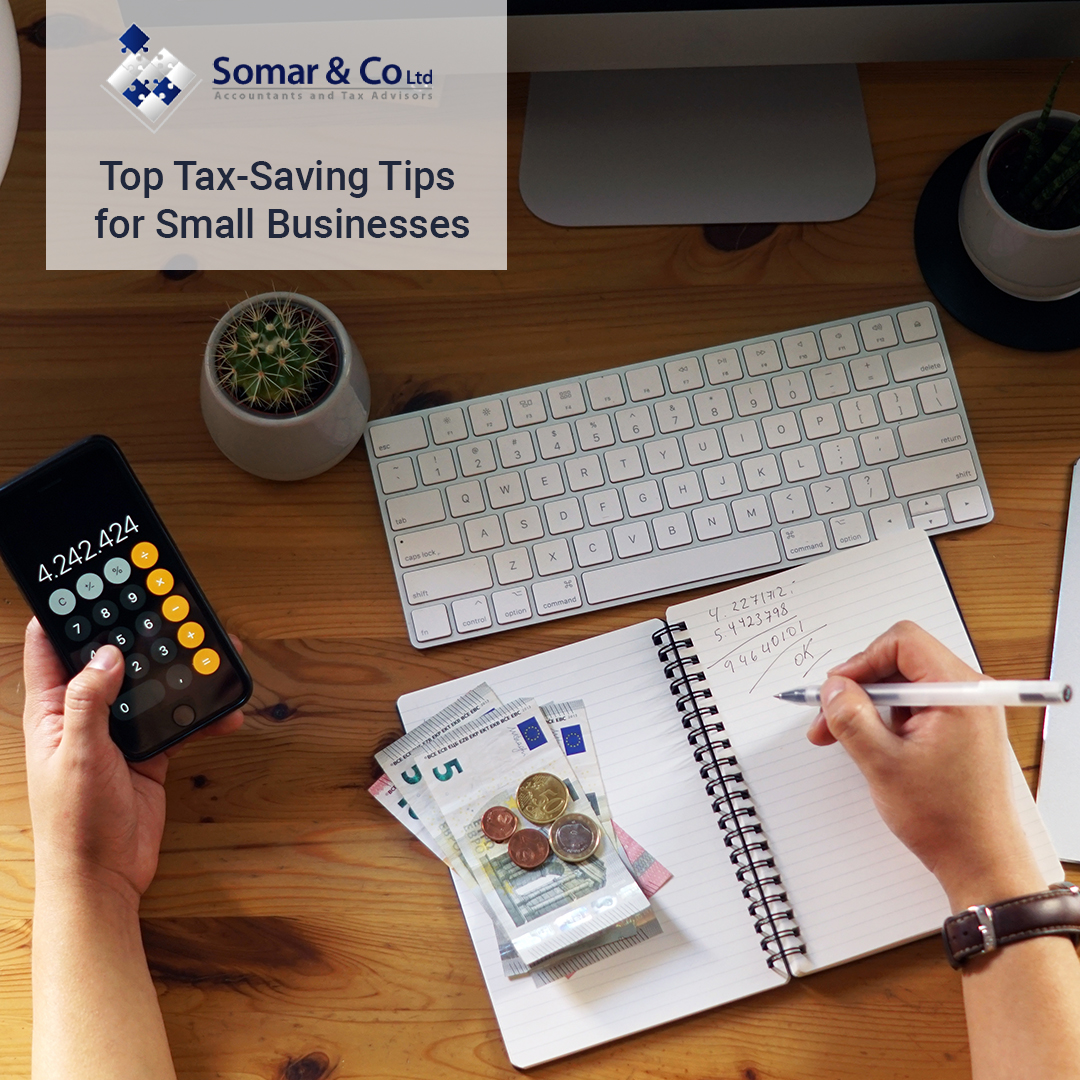
As a small business owner, saving on taxes is a critical way to boost profits and strengthen financial stability. Taxes are a substantial expense, but by using the right strategies, you can reduce tax liabilities, increase cash flow, and ensure that more of your hard-earned revenue stays within your business. Effective tax planning doesn’t just cut costs; it can also help you make strategic decisions that support long-term growth. Here are some essential tax-saving tips to guide you toward financial efficiency.
Keep Accurate and Organized Records
Deductions are powerful tools for reducing taxable income. Common deductible expenses for small businesses include office supplies, travel, marketing costs, utilities, and rent. However, each industry often has its own specific deductions that can be easily overlooked, such as software costs for tech companies or safety equipment for construction firms. Consulting with a tax professional familiar with your industry can help you identify all possible deductions and maximize your tax savings. Every deductible expense you claim lowers your taxable income, so being thorough can make a noticeable difference to your tax bill.
Invest in Energy-Efficient Equipment
Many governments and tax authorities offer tax incentives for businesses that upgrade to energy-efficient equipment. Whether you’re purchasing new computers, upgrading lighting, or investing in renewable energy, these incentives can reduce your overall tax liability. The savings not only help with immediate tax reductions but can also lower operational costs over time. If energy efficiency is part of your business’s goals, this strategy aligns with sustainability while cutting down tax expenses. Before making a purchase, check for available credits or rebates that may apply to your industry or region.
Review Your Business Structure
Your business structure significantly influences your tax obligations. Different structures—such as sole proprietorships, partnerships, limited liability companies (LLCs), and corporations—come with distinct tax advantages and drawbacks. For example, an LLC might benefit from pass-through taxation, while a corporation could offer benefits for reinvesting profits into the business. Consulting with a tax professional to review or even restructure your business can reveal considerable tax savings. This process may also provide additional protection for personal assets and open up new growth opportunities.
Consider Retirement Plans
Saving for retirement is crucial for long-term security, and it can also provide immediate tax benefits. Contributions to retirement accounts like pensions, 401(k)s, or IRAs reduce taxable income, providing a dual advantage: future financial stability and present-day tax savings. Additionally, many retirement plans offer flexible contribution options that allow small business owners to maximize savings during profitable years and reduce them when cash flow is tighter. This approach not only builds a solid financial foundation for your future but also allows your business to grow in a tax-efficient manner.
These tax-saving strategies can significantly impact your business’s financial health. Tax laws and regulations are continually evolving, so it’s essential to stay informed and adapt your approach as needed. Regularly reviewing your tax strategy, maintaining organized records, and consulting with a tax professional will ensure you’re taking full advantage of available opportunities. With these steps in place, you’ll be well-positioned to boost your bottom line, reduce tax-related stress, and make the most of your financial resources, all while focusing on growing your business successfully.